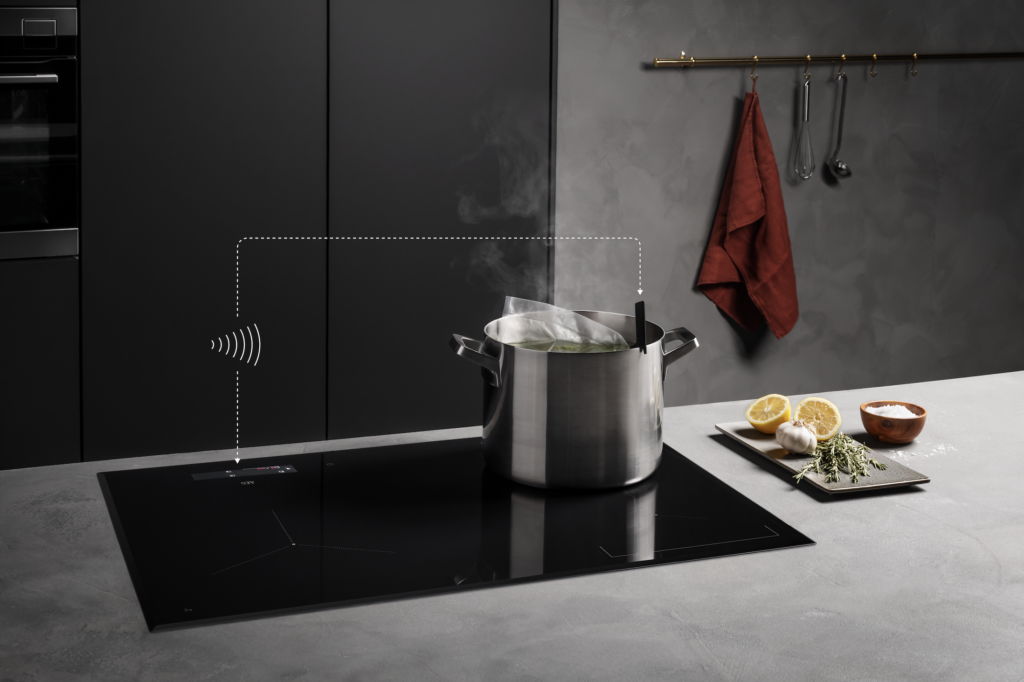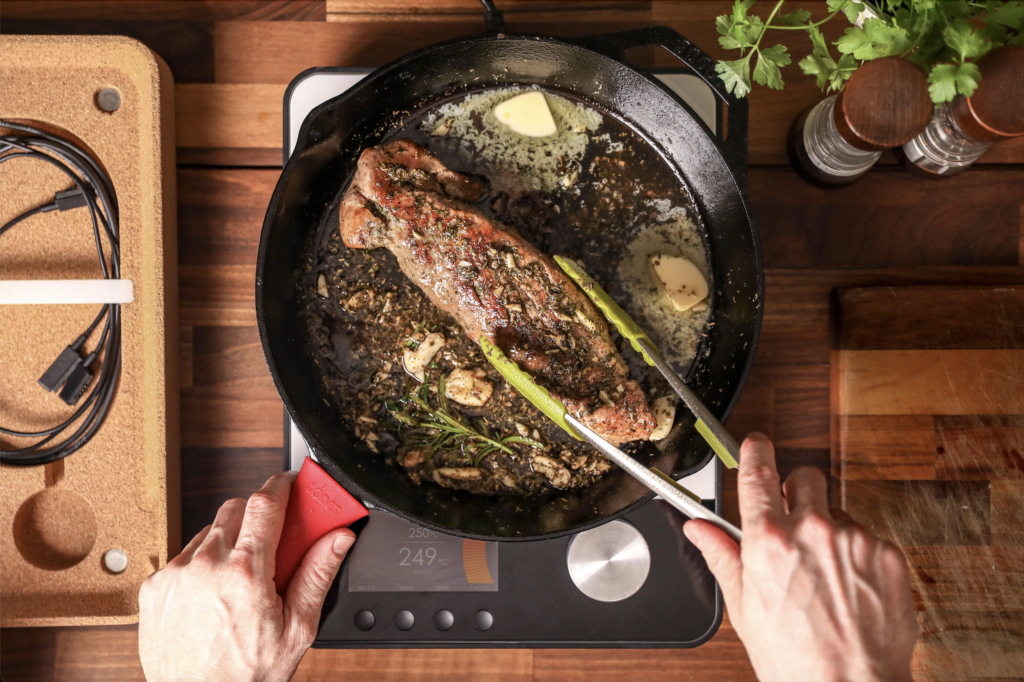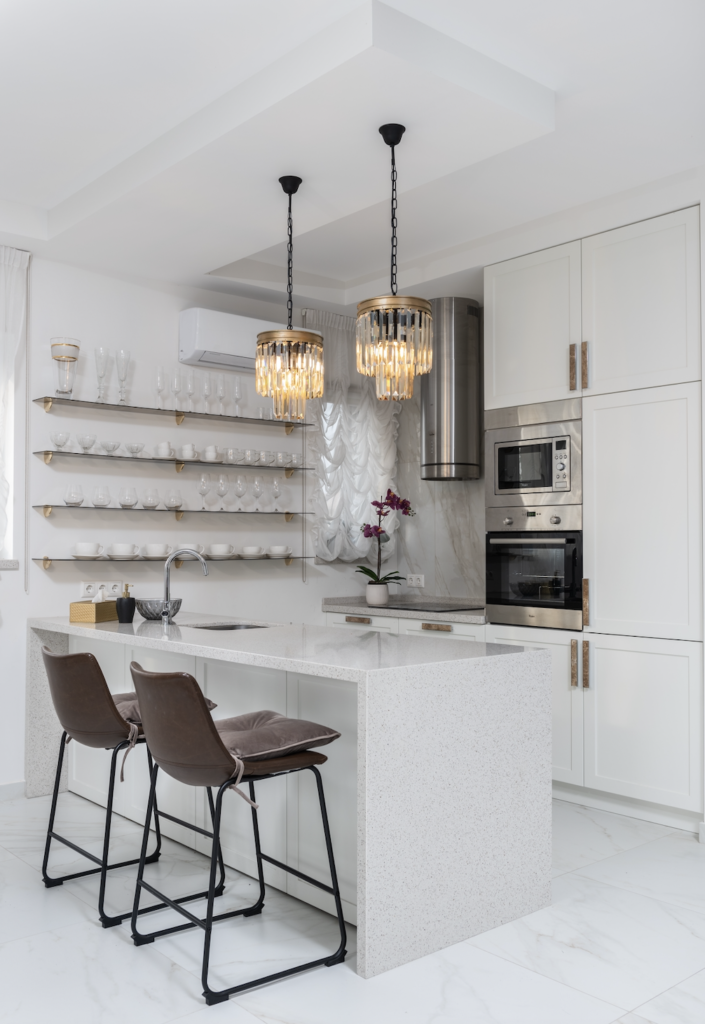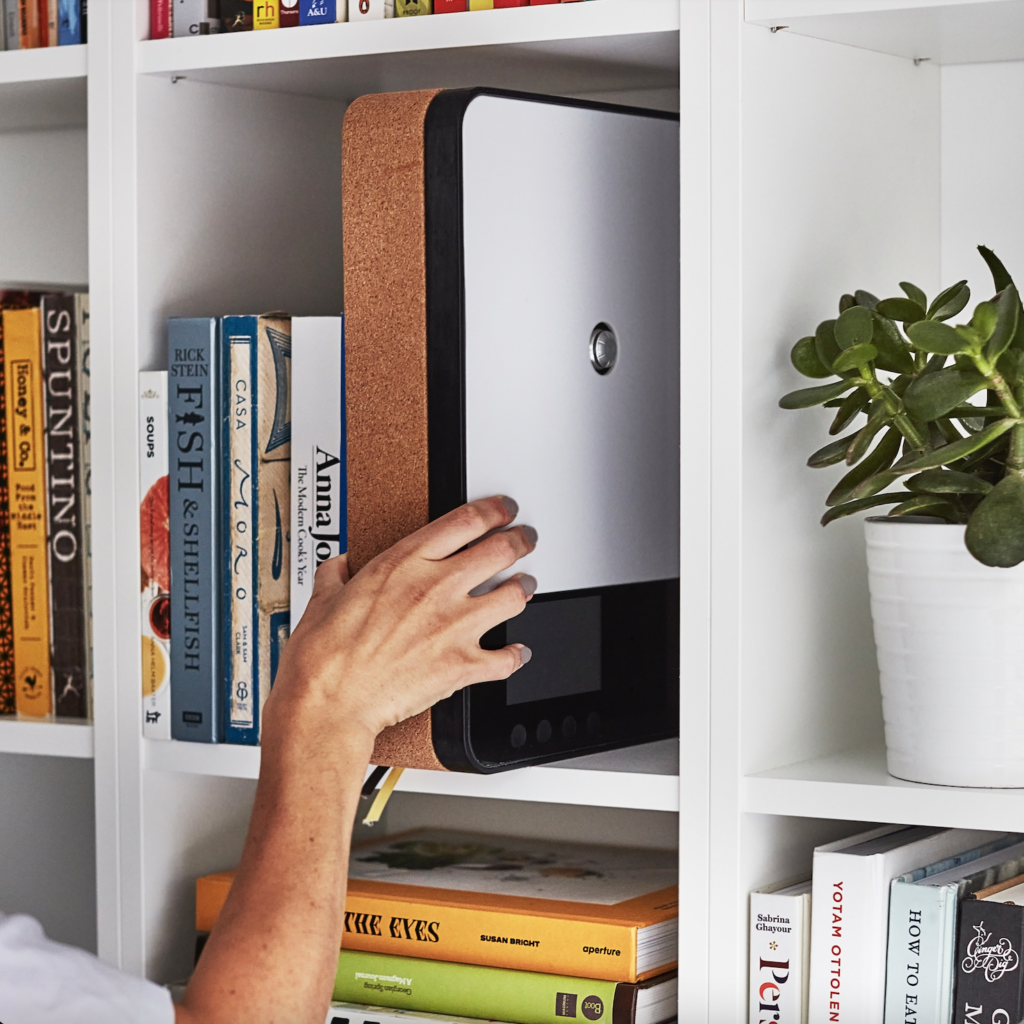How kitchen tech is changing and the opportunities this presents
Guest Post By Nick Orme, co-founder of Njori
The push to reduce our environmental impact is going to change many things, including our
kitchens: products are going to need to be efficient in both size and performance. But
sustainability issues aren’t the only drivers of changes in kitchens: we are becoming more
adventurous cooks. And now, thanks to an array of innovative smart kitchen technology hitting
the marketplace, culinary techniques and dishes that were once the preserve of professional
chefs and food geeks are set to become more widespread over the next few years.

A move to sous-vide
If there’s one cooking technique that’s empowering adventurous home cooks to achieve the
quality of dishes at home that were traditionally the preserve of professional kitchens it’s sous-
vide, the process of vacuum-sealing ingredients in a bag, then cooking at a precise temperature
in a water bath.
Until the launch of the Anova Precision Cooker in 2014, sous-vide cookers were bulky and
expensive. However, Anova’s sleek, easy-to-use wand-like immersion cooker brought sous-vide
to the mainstream and has started a boom that is spreading. Other technology companies are
following suit, such as iVide with their 2.0 Sous Vide Cooker and Lakeland with their own-brand
Sous Vide Wand.
Due to the fact the products are sealed away from the water and cooked at low temperatures,
the nutritional content of the ingredients is preserved. This technique of cooking goes hand in
hand with the shift we are seeing towards healthier, fresher cooking, also evidenced in the
success of air fryers that use a fan mechanism to create the crisp effect of deep-fat frying but
with a fraction of the oil.

Professional consistency
A key driver of innovation in kitchen smart tech is the desire for more accuracy and consistency
amongst the growing ranks of adventurous home cooks. The average kitchen has so many
variables at play—hobs with clumsy power dials, pans made in various materials and
thicknesses, ovens that take an age to reach temperature—that there is often a fine line
between culinary success and a burnt failure.
Kitchen equipment manufacturers recognise the demand for precision. AEG has recently
released its most advanced hob: the SensePro Induction Hob. Marketed as ‘the personal sous
chef for restaurant-style results at home’, the hob includes a wireless food sensor that measures the core temperature of food and communicates adjustments to the hob, so that the user can sear steak, cook pasta or simmer a sauce in complete confidence. The only downside is the cost, with models starting at a hefty £1,400.

The smaller kitchen
As kitchens and living space gets smaller, and house-shares become more common, kitchen
gadgets that take up very little space and can be packed away will be of increasing importance.
But that doesn’t mean we should have to skimp on features. Home chefs still want consistency,
the ability to cook sous vide, and smart sensors and probes to ensure the food is cooked ‘just
right’– even if the cooking has to take place in a small space. So, we’re just starting to see new
technology that has all these bases covered; small, smart, sensors and probes for consistency,
and then easily packed away and stored once you’ve finished.
The Njori Tempo is a good example of this move to smart and small. It offers the precision
necessary to craft restaurant-standard dishes at home in a small pack-away design that can be
stored on a standard bookshelf.
The Njori Tempo packs a huge amount of culinary tech, including a feedback loop that enables
the user to set and maintain a precise temperature for sous-vide, deep-frying, shallow-frying or
slow-cooking; integrated scales for weighing ingredients before and during cooking, as well as
enabling users to reduce by a specific weight; an assortment of probes to test the temperature
of the food itself; and an ergonomic, magnetic dial to make delicate temperature adjustments
that influence the food temperature, rather than the cooking temperature.

Multi-functional equals mass-market appeal
If affordability is the greatest barrier to entry for most domestic chefs, then multi-functional
products could be the game-changers transforming the quality of home-cooked meals over the
coming years. Most are keenly priced, pack a lot of features into a small footprint.
The undisputed market leader of multi-functional products right now is the Instant Pot, which
combines an electric pressure cooker, rice cooker, sauté pan and yoghurt maker in one handy
unit that costs less than £100. Dishes that usually require several hours in the oven, such as
slow-cooked pulled-pork, can be achieved without fuss, in a fraction of the time. It also
consumes far less energy than a traditional oven.
Created by four former colleagues in Canada, the Instant Pot’s success is in part down to the
designers’ attention to detail and quick reaction to customer feedback which has helped the
smart cooker achieve something of a cult following across the world. Thanks to its community
of websites, food bloggers who champion recipes, and books dedicated to exploring exciting
new dishes to cook with the Instant Pot, the popularity of this multi-functional tool is only likely
to grow.

The ambitious domestic chef
It is possibly no surprise that during the last year we have seen people become more
adventurous in their cooking. With lockdown meaning restaurants closed, home cooks have
been experimenting with new techniques and recipes in an effort to create the same level of
culinary excellence they enjoy when eating out, and to relieve some of the boredom of
lockdown. The popularity of specialised food kits and delivery boxes has surged in the last 12
months and the sale of cookware was up by 40% in 2020 from the previous year. It seems
domestic chefs have gained confidence and are looking to expand their repertoire in the
kitchen.

ABOUT THE AUTHOR
Nick Orme, co-founder of Njori. Njori designs smart, innovative kitchen tech for foodies who
want professional, restaurant quality results at home. The Njori Tempo is the first pack-away
smart induction cooker that enables you to measure, monitor and regulate temperature to
compose perfect meals, every time.
Web
Instagram
LinkedIn
Kickstarter
